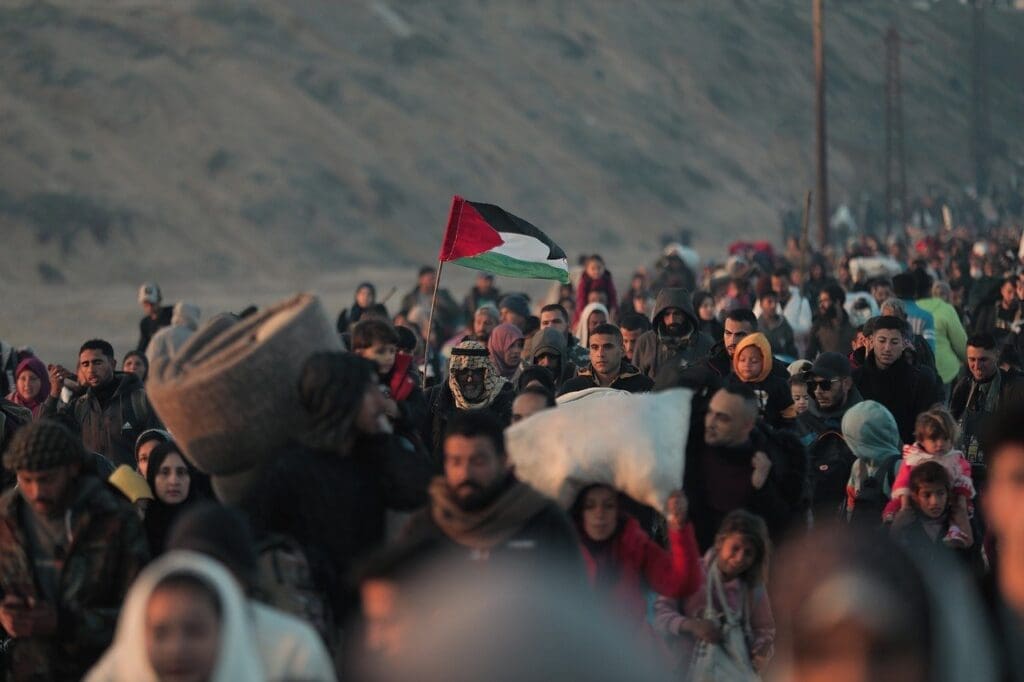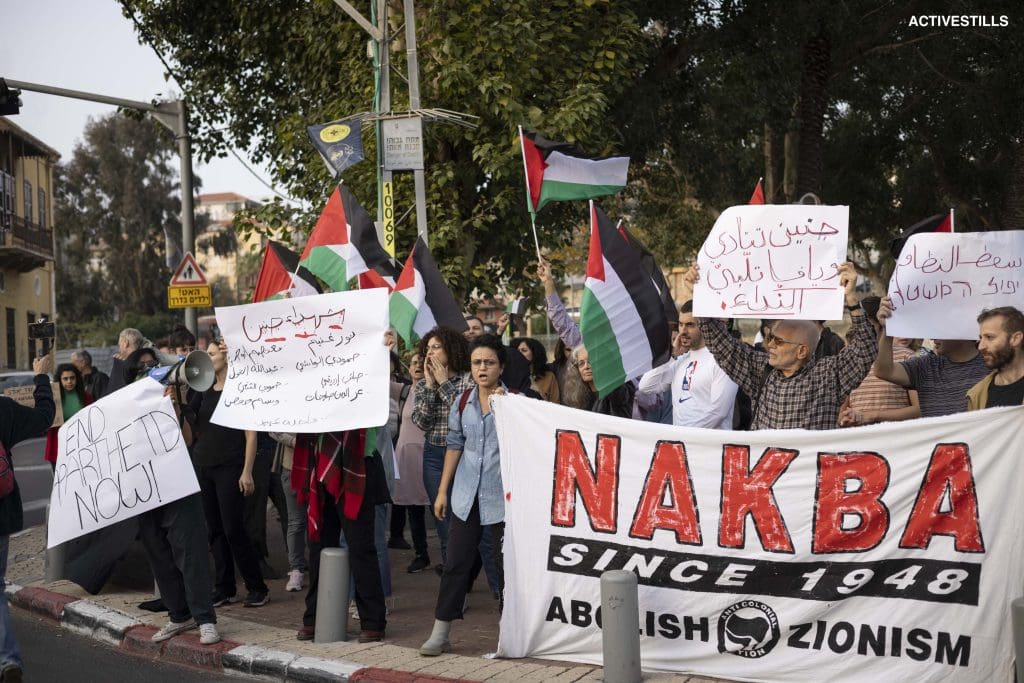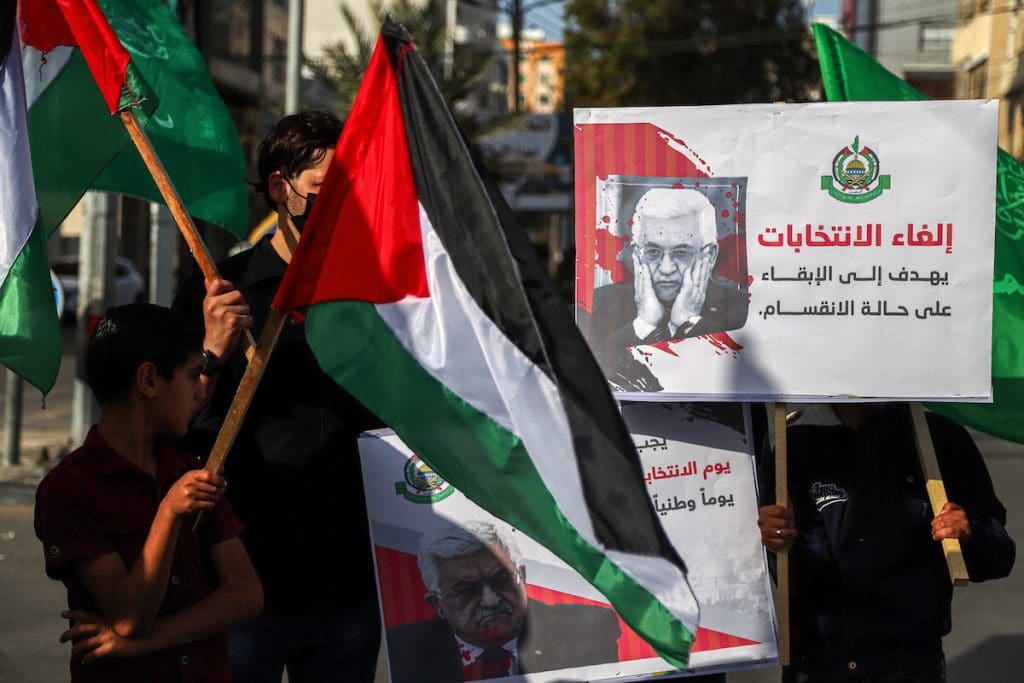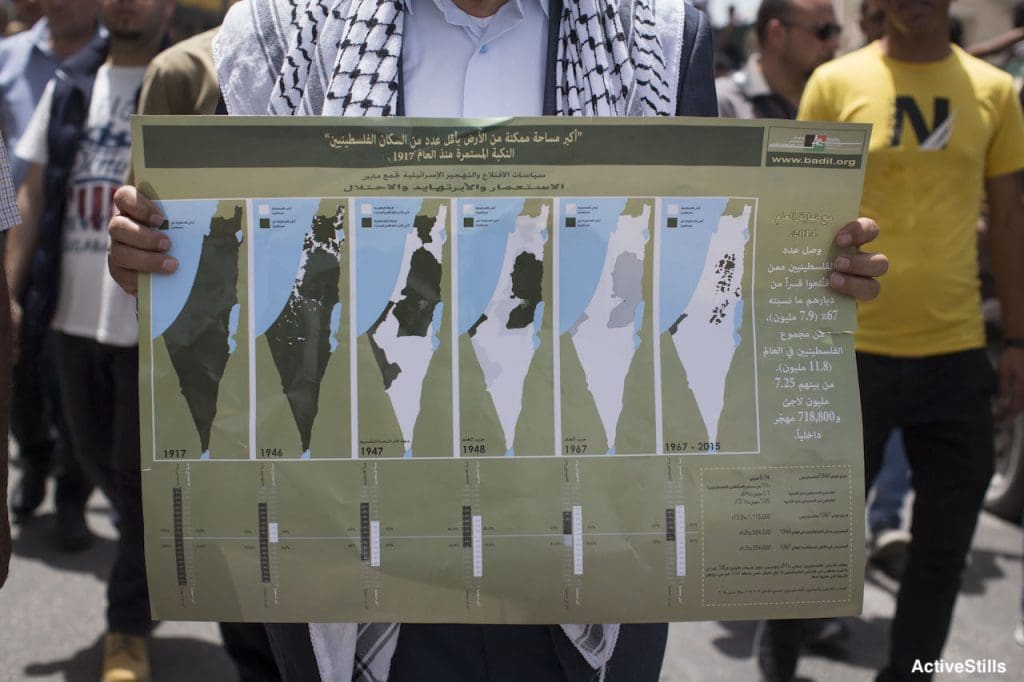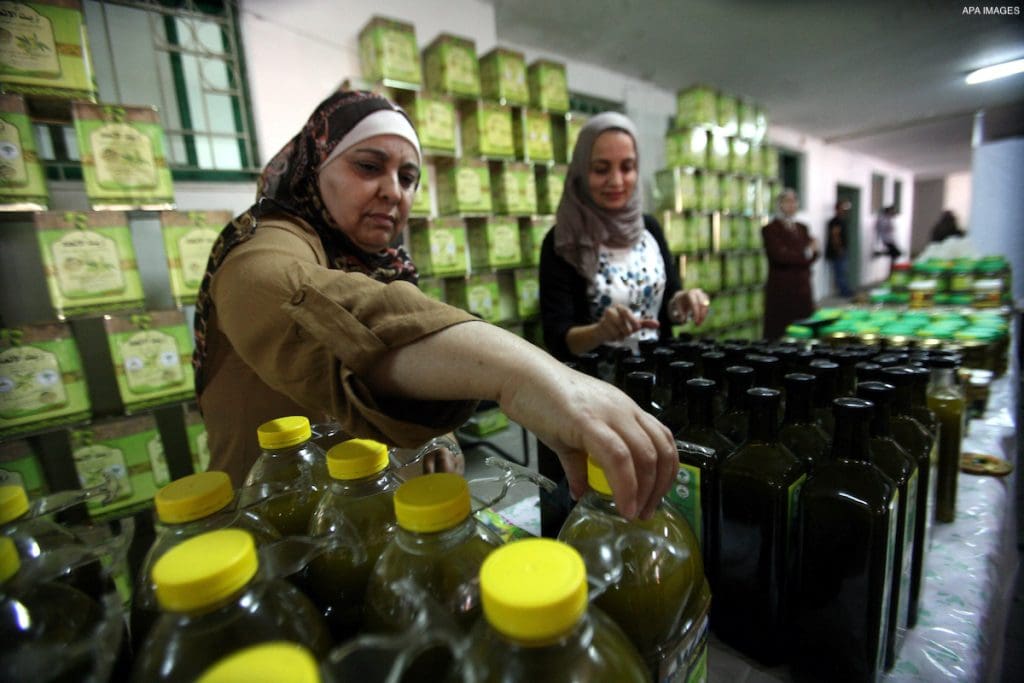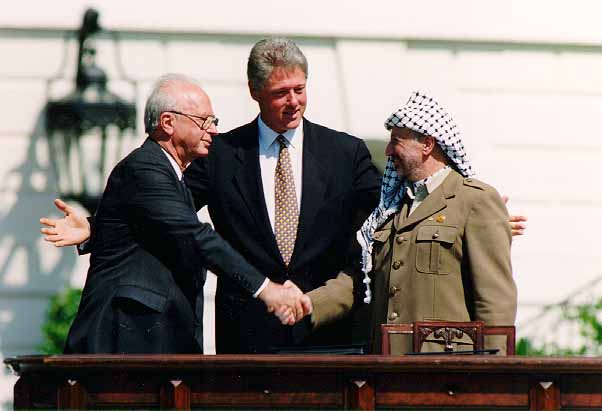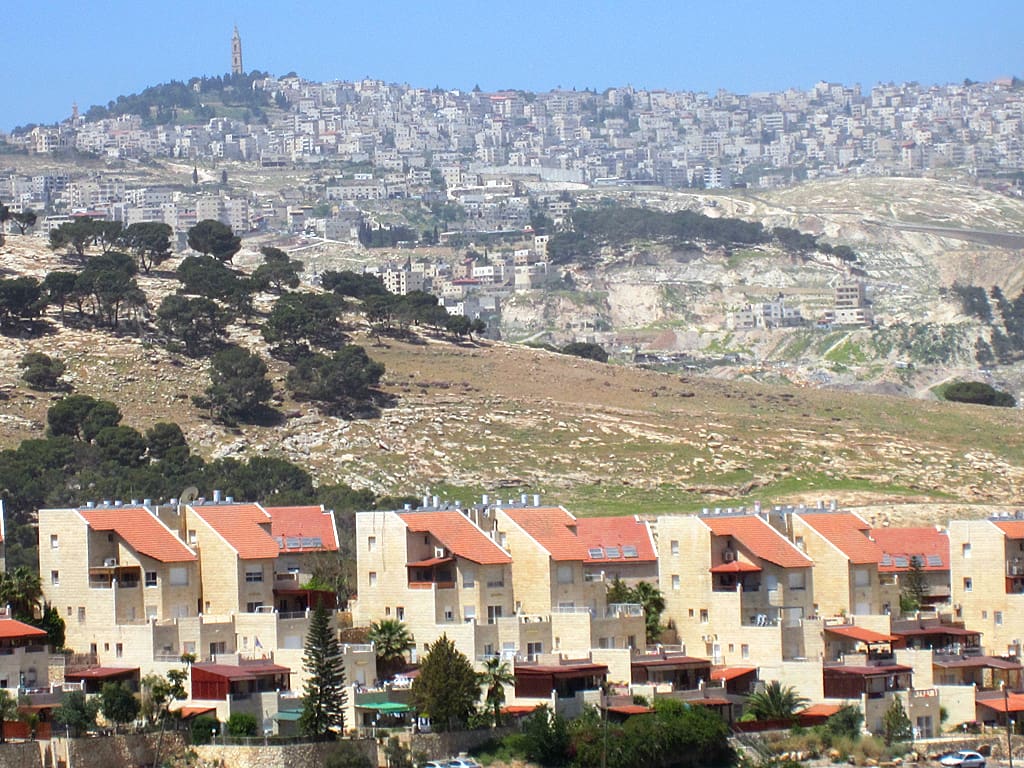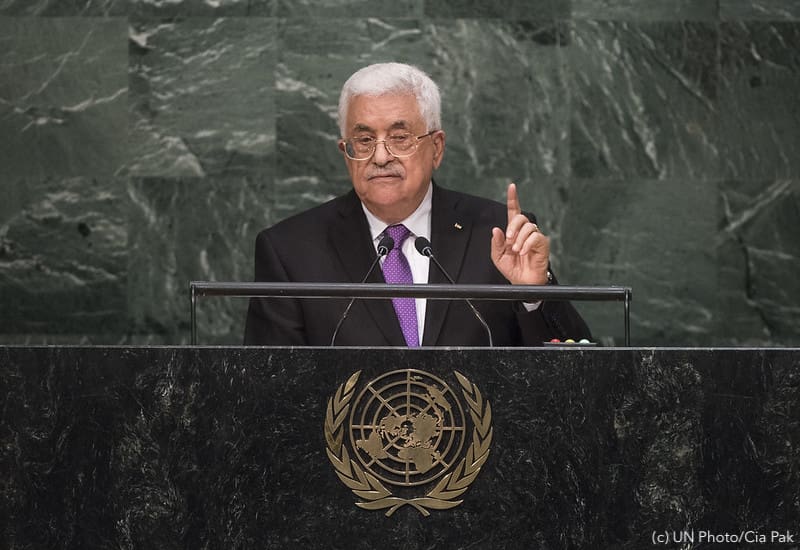Al-Shabaka policy analyst, Leila Farsakh, is Associate Professor and Chair of the political science department at the University of Massachusetts Boston. She is the author of Palestinian Labor Migration to Israel: Labour, Land and Occupation (Routledge, 2012), and of Rethinking Statehood in Palestine: Self-determination beyond Partition (California University Press, 2022). She has worked with a number of organizations, including the Organization for Economic Cooperation and Development (OECD) in Paris and MAS in Ramallah, and she has been a senior research fellow at Birzeit University since 2008. In 2001, she won the Peace and Justice Award from the Cambridge Peace Commission.
From this author
In this policy lab, Leila Farsakh and Abdaljawad Omar join host Tariq Kenney-Shawa to trace the historical trajectory leading to October 7, examine how Gaza has become both a site of extermination and a catalyst for global rupture, and discuss what comes next for Palestinians.
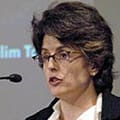


In this Focus On, Al-Shabaka’s policy analysts imagine Palestinian political futures within the context of historical and ongoing realities. Among other topics, they revisit the history of popular committees and consensus-building efforts during the First Intifada to show how local Palestinian governance might be strengthened, and how we might rethink the meaning of self-determination from the grassroots. They consider how various aspects of Palestinian society, including health, education, and policing, could be transformed to help sustain a new political vision for liberation, and revive popular engagement in colonized Palestine and beyond. And they examine the different means through which Palestinians can utilize international legal avenues to strategize an effective anti-apartheid movement.
Palestinian leadership is in crisis. As speculation mounts about Mahmoud Abbas’s rule coming to an end, Hussein al-Sheikh continues to assume many of his responsibilities.



In her new edited volume, Rethinking Statehood in Palestine: Self-Determination and Decolonization Beyond Partition, Al-Shabaka policy analyst and Associate Professor of Political Economy at the University of Massachusetts Boston, Leila Farsakh, brings together a diverse group of intellectuals to critically engage with the meaning of Palestinian statehood.

Leila Farsakh· May 4, 2022
As the Palestinian general elections fast approach, many are wondering whether new leadership would create opportunities for self-determined Palestinian economic development.



A quarter of a century since the signing of the Oslo Accords, an independent and sovereign Palestinian state has become little more than a myth as Israel continues to expand its settler colonial project and military occupation. Oslo’s structure and framework are to blame for this reality, as the Accords were not a peace agreement but a security arrangement between colonizer and colonized.
Israel is marshaling pro-Israel forces in Europe as well as in the US against the European Union’s recently issued guidelines on labeling some of its settlement products, for fear that this will lead to stronger measures. Al-Shabaka’s Samia al-Botmeh and Leila Farsakh debunk Israel’s arguments both as regards the impact on the Palestinian economy as well as on Palestinian workers.
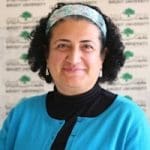

Palestinian demonstrators at home and initiatives by Palestinians worldwide have imposed a different discourse on the Palestine Liberation Organization (PLO) and Palestinian Authority (PA), as revealed by the evolution of PLO Chairman Mahmoud Abbas’ speeches to the United Nations General Assembly between 2011 and 2012.

Leila Farsakh· Nov 13, 2012








